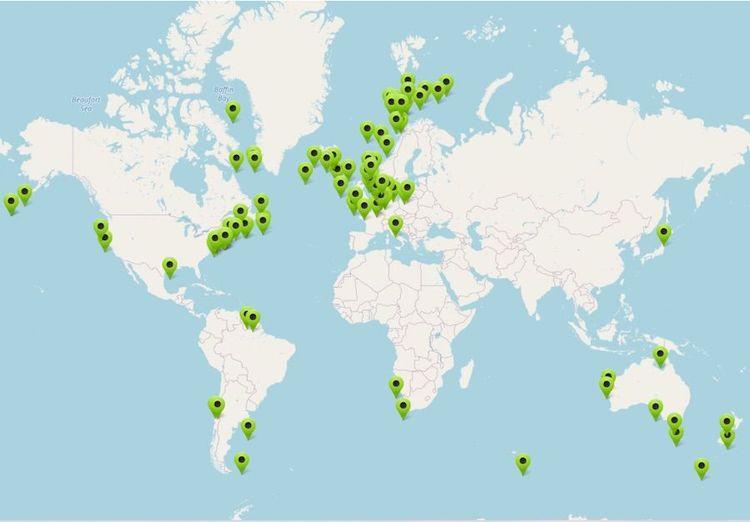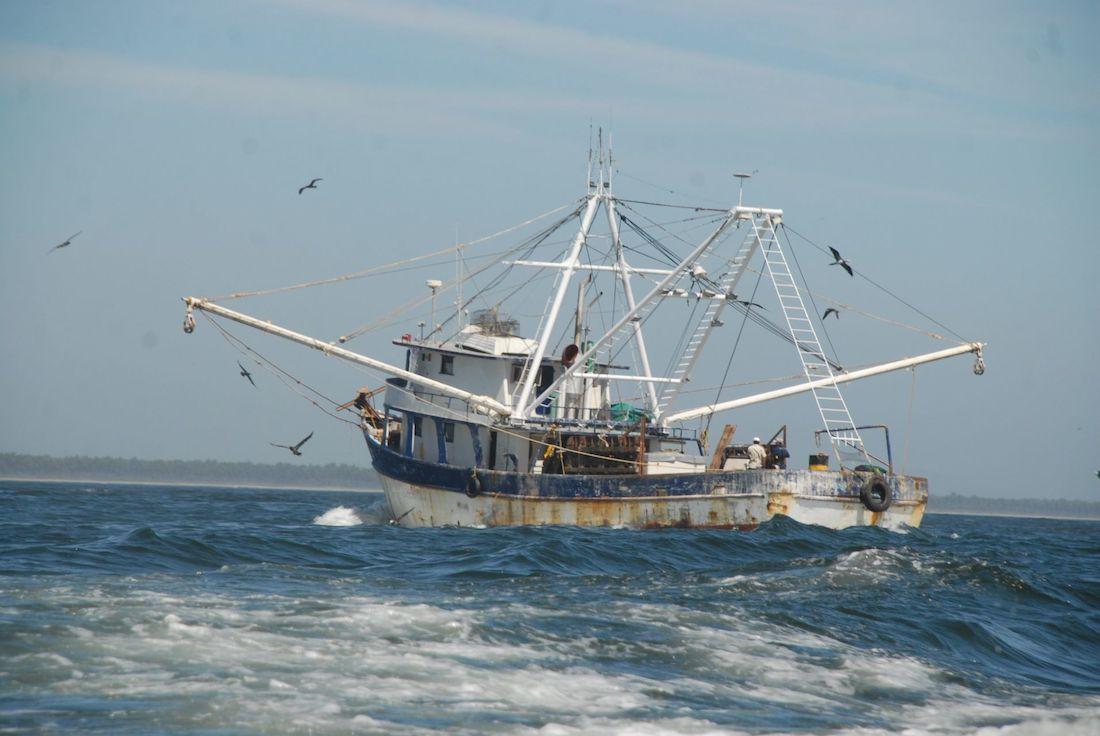Industrial fleets that use trawling methods in Mexico do not have international sustainability certification from the Marine Management Council (MSC), the largest global organization in the evaluation of environmentally friendly fishing practices.
Francisco Vergara, in charge of Fisheries Dissemination at MSC, explained to Journalism CN that in the country only four fisheries have achieved this certification: Pacific bluefin lobster; raw sardine in southern Sinaloa; smaller pelagic fisheries in Sonora (the largest in the country, in terms of volume) and yellowfin tuna, in the eastern Pacific. None corresponds to trawling.
When we talk about “fisheries” we refer to a fishing unit, which includes a delimited space for catching a certain species, with boats and fishing gear of the same type.
Trawl fishing, which, as its name suggests, consists of dragging a net on the seabed to catch fish or crustaceans, has been severely questioned by environmental organizations, because this method can cause irreversible damage to the ecosystem.
Over the years, technologies have been developed to mitigate the impact of trawls.
According to data from the National Fisheries Commission (Conapesca), included in the Pescando Datos platform, with updated information up to May 2021, in Mexico there are 1,419 trawling permits for larger vessels and 615 for smaller boats. Of these, at least 1,147 permits relate to shrimp fishing on the high seas.
In the world, MSC has certified 98 trawls, according to data from the organization itself, mainly in European Union countries. However, in Mexico, no progress has been made on that route.

MSC certified trawl fisheries. Map: MSC
Vergara indicated that so far only one trawler fishery has sought certification in the country, the Pacific Shrimp Industrial Fleet, the largest in the country, but it failed to meet all the requirements of the standard.
“It's a very rigorous standard and difficult to meet,” said the organization's representative.
According to MSC, sustainable fishing involves leaving enough fish in the sea, avoiding overfishing, so that its population can reproduce properly, renewing itself continuously, remaining healthy and productive.
This sustainability is measured in three principles, population status of the species, environmental impact and effective fisheries management.
After being certified, fisheries are regularly re-evaluated and many need further improvements. Scientific information is also continuously being completed and fisheries are encouraged to develop new ways to conserve marine resources for future generations.
Vergara emphasized that lack of certification is not necessarily synonymous with bad practices, since enrollment in the evaluation process is voluntary. However, he pointed out that it is an opportunity for continuous improvement and, at the same time, a market instrument to increase the value of its products.
The certification process is not done by MSC itself, but by an external certification company, based on the criteria established in the sustainability standard. Once all the criteria are met, the certificate and an eco-label are granted, which helps the final consumer to identify that this product comes from a sustainable fishery.
Each certification, affirms the organization, reflects the most current knowledge and
internationally accepted in the field of science and management of fisheries.
Trawl fishing, certification required
The shrimp fishery in the Pacific of Mexico, which did not complete the certification process before the MSC, is the largest in the country, with a volume production of more than 34 thousand tons per year, according to data from Conapesca
This fishery is mainly located in the territorial waters of Sonora, Sinaloa and Nayarit.
In recent years, shrimp trawling has undergone several processes that put the possibility of exporting the product on the line, due to the disregard of international standards.
The last blow to this sector was the loss of certification from the United States Federal Register in March 2021, to sell shrimp in that country, because the turtle protection program did not meet the standards established in that country, although this certification has already been resumed. The history of suspensions and resumptions has been repeated several times over the past decade.
Francisco Vergara noted that trawling fisheries are encouraged to initiate certification processes, in order to consolidate or improve their good environmental practices.
However, at the moment there are none under evaluation.
Andrés Beita Jiménez, a quantitative fisheries scientist at the Marine Institute Memorial University of Newfoundland, in Canada, considered that it is possible to carry out trawling with minimal impacts on the ecosystem, but for this it is necessary for fleets to invest in technologies and improve their capture processes.
According to the expert, there are important efforts in the world to minimize the negative effects of trawls on the ocean, but, he said, scientific research is key to moving forward.



Comentarios (0)